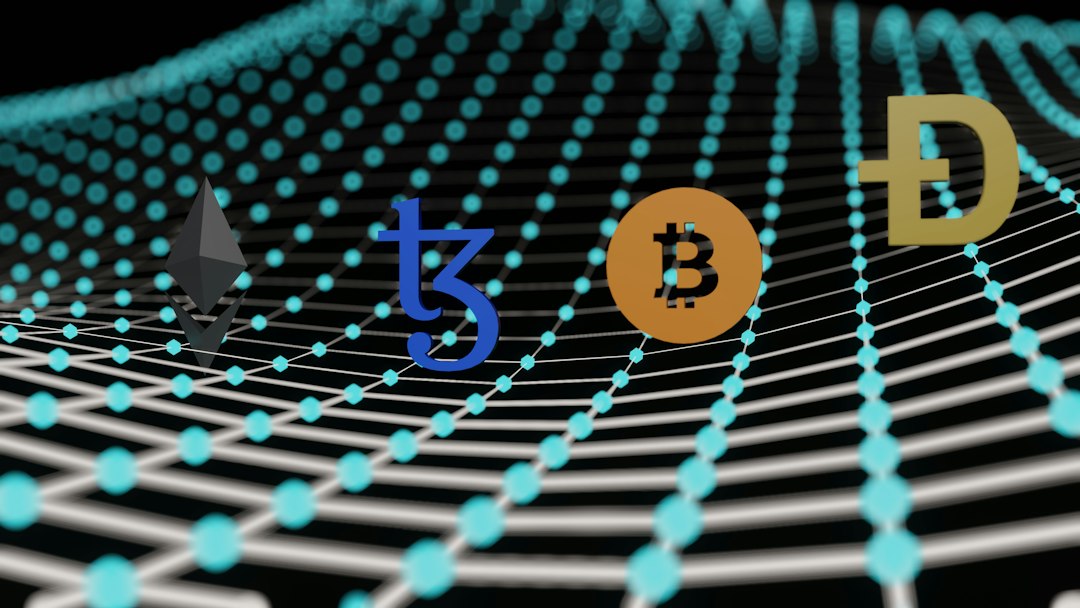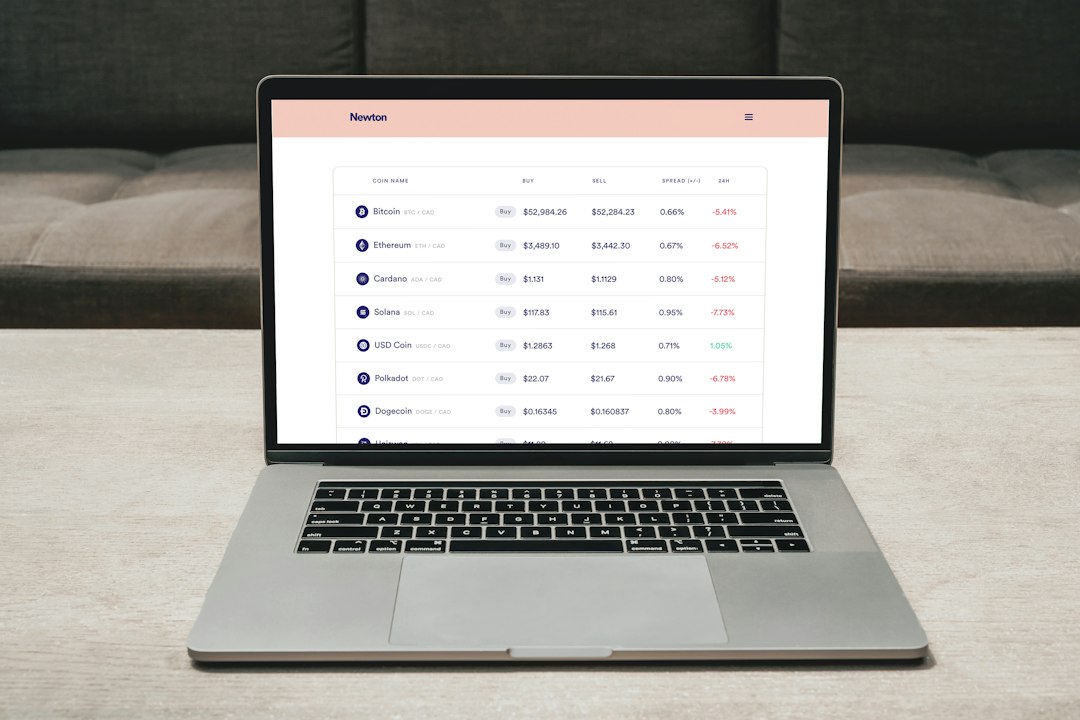Polygon: A Game-Changing Solution for Ethereum Scalability
Polygon, formerly known as Matic Network, is a Layer 2 scaling solution that addresses Ethereum’s scalability challenges. It enables developers to create and deploy scalable decentralized applications (dApps) by utilizing sidechains, plasma chains, and innovative scaling techniques.
Sidechains for Rapid Transactions and Cost-Effectiveness
Polygon utilizes sidechains, which are unique blockchains bound to the main Ethereum blockchain. These sidechains support many DeFi protocols on the Ethereum network, resulting in rapid transaction speed and cost-effectiveness while maintaining security and decentralization.
Accelerated Validation Process with Layer 2 Solution
Polygon operates in parallel to the Ethereum blockchain as a Layer 2 solution. Instead of individually validating each transaction, batches of transactions are sent to the Ethereum blockchain. This significantly speeds up the validation process and reduces fees.
Proof-of-Stake Consensus Mechanism and Commit-Chain Checkpointing
Polygon implements a proof-of-stake consensus mechanism where users can stake tokens to validate transactions. They are rewarded with MATIC tokens for their staking activities. To ensure robust security, Polygon uses commit-chain checkpointing to anchor its state onto the Ethereum mainnet at regular intervals. This enhances data integrity and leverages Ethereum’s security measures.
Features of the Polygon Network
Cross-Chain Connectivity
Polygon offers bridges that enable smooth transfers of assets and data across diverse blockchains. This fosters interoperability between chains, allowing users to access a broader array of DeFi protocols and applications.
Ethereum Compatibility
Polygon seamlessly integrates with the Ethereum Virtual Machine (EVM), making it easy for developers to migrate their existing Ethereum dApps to the Polygon network. This compatibility ensures a seamless transition while leveraging the extensive Ethereum ecosystem.
Commit-Chain Checkpointing
Polygon secures its chains by anchoring them onto the Ethereum mainnet using commit-chain checkpointing. This guarantees data integrity and utilizes Ethereum’s robust security measures.
Ethereum Network Security
Polygon leverages the inherent security and decentralization of the Ethereum network, fortifying the overall security of the Polygon ecosystem. Users can rely on a reliable and resilient platform for transactions and dApps.
Developer-Centric Environment
Polygon provides developers with an array of tools and infrastructure to create and deploy dApps seamlessly. The Polygon Software Development Kit (SDK) offers a streamlined framework, and extensive documentation and resources are available to support developers.
MATIC Token Utility and Exchange Availability
MATIC is Polygon’s token ticker symbol, serving multiple purposes within the ecosystem. Users can utilize MATIC for fee payments, stake it to contribute to network security and earn rewards, and engage in governance activities by voting on proposed modifications.
Getting Started on the Polygon Network
To engage in token transactions on the Polygon network, you need to acquire a MetaMask wallet. Install MetaMask as a browser extension, set it up, and add the Polygon network to your wallet by following the provided instructions.
Trading on the Polygon Network Using UniSwap
To trade tokens on the Polygon network, you can use UniSwap, an Ethereum-based decentralized exchange protocol. Connect your MetaMask wallet to UniSwap, select your desired tokens, specify the amount you want to trade, confirm the transaction in your wallet, and start trading.
Buying and Selling Tokens with MetaMask
With MetaMask connected to the Polygon network, you can buy and sell tokens seamlessly. Click on the “Swap” button in MetaMask, search for tokens by name or contract address, enter the amount you want to swap, confirm the transaction, and receive the tokens in your wallet.
Tracking Token Prices on the Polygon Network
Dexscreener is a tool that provides market insights for specific tokens on the Polygon network. It offers real-time price data, contract information, and other metrics to help users make well-informed trading decisions.
Conclusion
Polygon offers a robust and user-friendly environment for traders. With its innovative features and commitment to scalability, it is poised to shape the future of decentralized finance. As the network continues to grow, we can expect more applications and services tailored to meet traders’ diverse requirements.
Hot Take: The Future of Scalable Ethereum
Polygon’s game-changing Layer 2 scaling solution has positioned it as a frontrunner in addressing Ethereum’s scalability challenges. By empowering developers with scalable dApps and providing a secure and reliable platform for transactions, Polygon is set to play a pivotal role in shaping the future of decentralized finance. With its cross-chain connectivity, Ethereum compatibility, commitment to security, and developer-centric environment, Polygon is well-positioned for widespread adoption and further growth within the blockchain industry.





 By
By
 By
By
 By
By
 By
By
 By
By